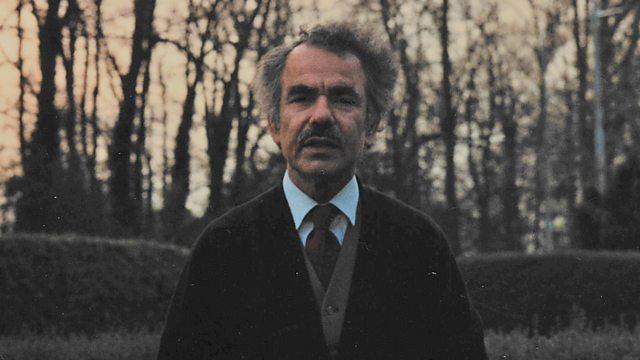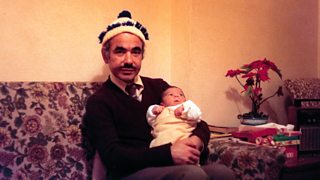Lost for Words
Struggling to find words is often an early sign of dementia; David Shariatmadari explores the science of language, dementia and ageing as he reflects on his own father’s experience
Struggling to find words might be one of the first things we notice when someone develops dementia, while more advanced speech loss can make it really challenging to communicate with loved ones. And understanding what’s behind these changes may help us overcome communication barriers when caring for someone living with the condition.
When Ebrahim developed Alzheimer’s Disease, for example, he’d been living in the UK for many years. Gradually his fluent English faded and he reverted to his mother tongue, Farsi - which made things tricky for his English-speaking family who were caring for him. Two decades on, his son, the journalist and author David Shariatmadari, seeks answers to his father’s experience of language loss. What can neuroscience reveal about dementia, ageing, and language changes? Why are some aspects of language more vulnerable than others - and, importantly, what are the best approaches to communicating with someone living with dementia?
David reflects on archive recordings of his dad, and speaks to a family in a similar situation to theirs, to compare the ways they tried to keep communication alive. And he discovers there are actually clear benefits to bilingualism when it comes to dementia: juggling two or more languages can delay the onset of symptoms by around four years. So while losing one of his languages posed practical difficulties for Ebrahim, it’s possible that by speaking two languages in the first place, he was able to spend more valuable lucid years with his family.
Presented by David Shariatmadari and produced by Cathy Edwards
Last on
![]()
Seriously...
Seriously is home to the world’s best audio documentaries. Introduced by Vanessa Kisuule.
Clip
-
![]()
Lost for Words
Duration: 02:44
Broadcasts
- Tue 29 Jun 2021 11:00���˿��� Radio 4 FM
- Mon 5 Jul 2021 21:00���˿��� Radio 4




